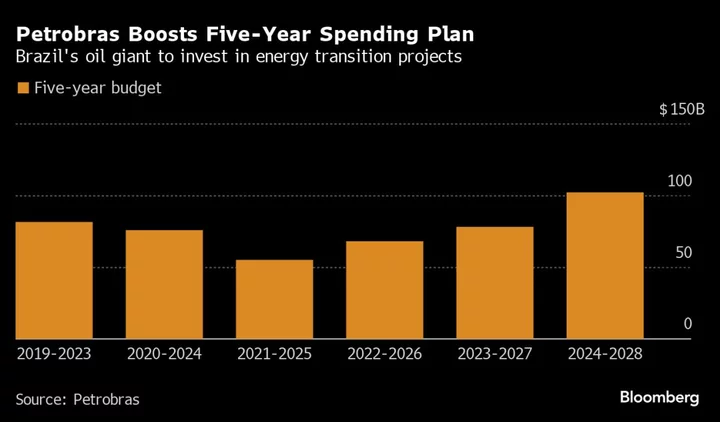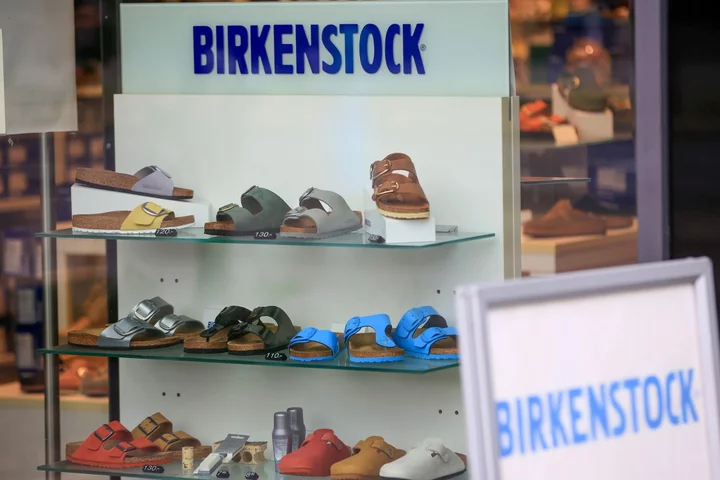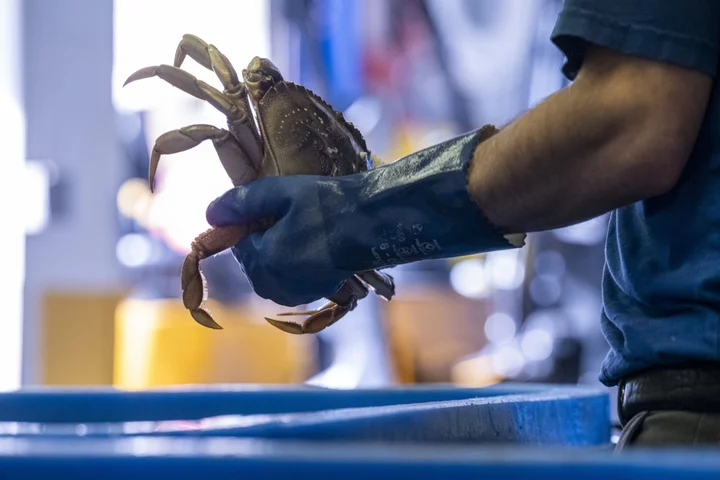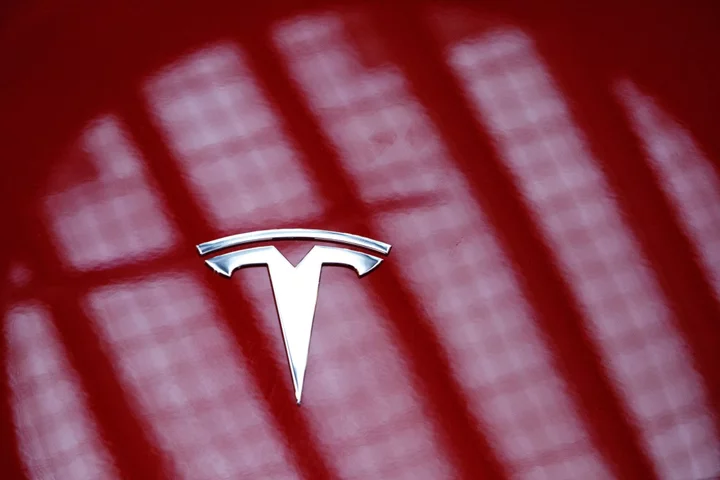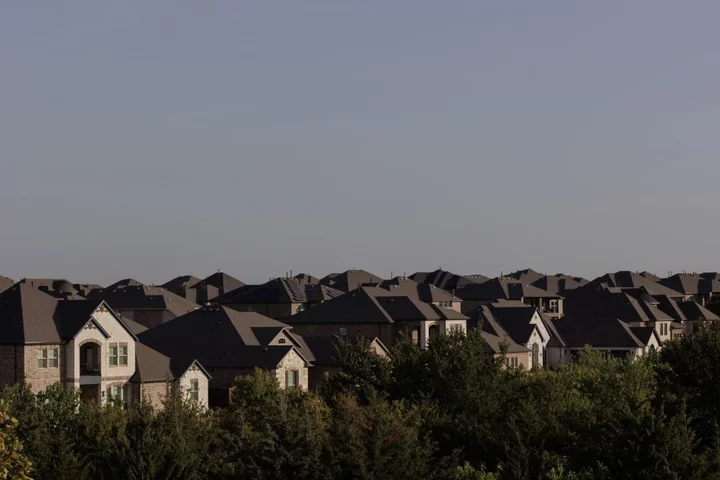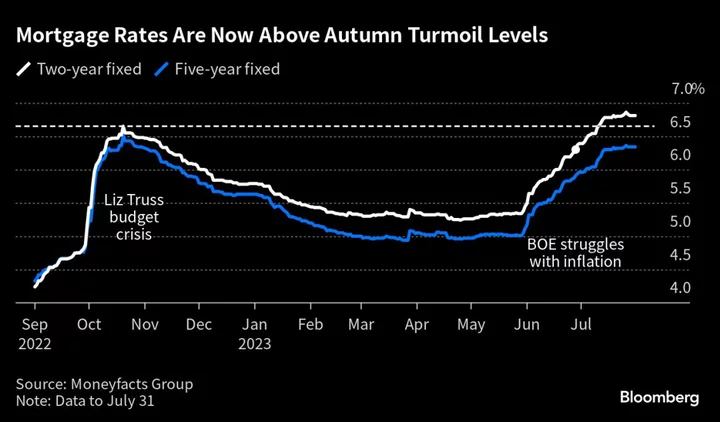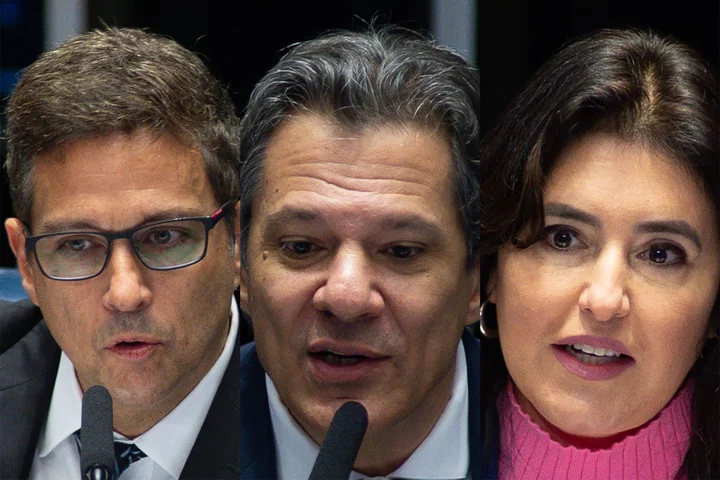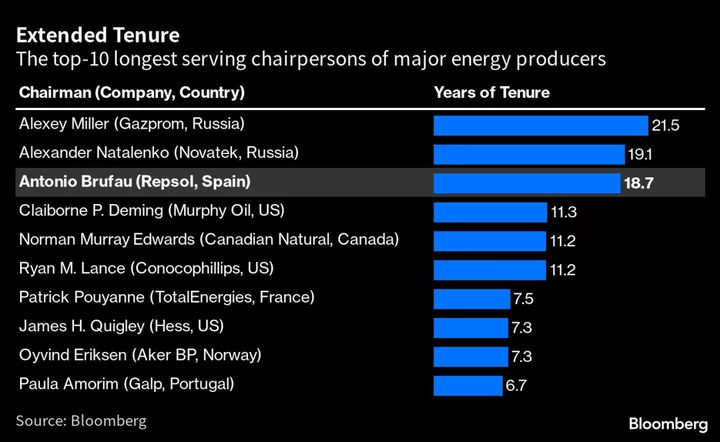Brazil’s state-controlled oil giant Petrobras announced a 31% increase to its five-year investment plan in a major shift away from the cost-control strategy that had prevailed under previous management.
The first budget since President Luiz Inacio Lula da Silva returned to power rose $24 billion to $102 billion, the company said in a filing Thursday. It is the largest spending plan that Petrobras has released since 2015. The company said the increase is related to new projects, including potential acquisitions, as well as costs inflation and maintaining assets that the previous management planned to sell.
The plan comes as Petrobras Chief Executive Officer Jean Paul Prates is under growing pressure from government officials to lower fuel prices and more closely align the company’s strategy with Lula’s efforts to fight inflation and boost Brazil’s economy. The oil giant’s private investors, meanwhile, want Prates to stay focused on profits and avoid taking on more debt.
Petrobras said $11 billion of the spending is subject to feasibility studies, which could ease concerns among investors.
The company is dedicating $11.5 billion to low-carbon projects that are viewed as less profitable than Petrobras’s main business of extracting oil from giant fields in deep waters of the Atlantic ocean. The initiatives include hydrogen, carbon capture, wind, and solar power.
The new spending plan earmarks $73 billion for exploration and production to develop a group of offshore fields in the so-called pre-salt region, and also explore for new deposits in northeastern Brazil close to the equator. Petrobras is seeking drilling permits at the offshore region, known as the Equatorial Margin, in the hopes of discoveries similar to the ones Exxon Mobil Corp has made off the coast of Guyana.
Petroleo Brasileiro SA, as the company is formally known, will dedicate $17 billion over the next five years to improve and expand refineries that the previous government wanted to sell. The oil producer is developing a portfolio of sustainable fuels in an effort to decarbonize industries including shipping and aviation. It will also return to the fertilizer business.
Unlike past plans, the Rio de Janeiro-based company did not mention a divestment program. Prates has vowed to halt an “irrational” policy of unloading assets to raise cash, and is pivoting to focus on acquisitions instead of sales.
The state-owned company mentioned specifically potential investments and acquisitions in petrochemicals. The oil giant is the second-largest shareholder petrochemicals producer Braskem, whose controlling shareholder Novonor has received offers for its stake.
(Updates with details throughout)

